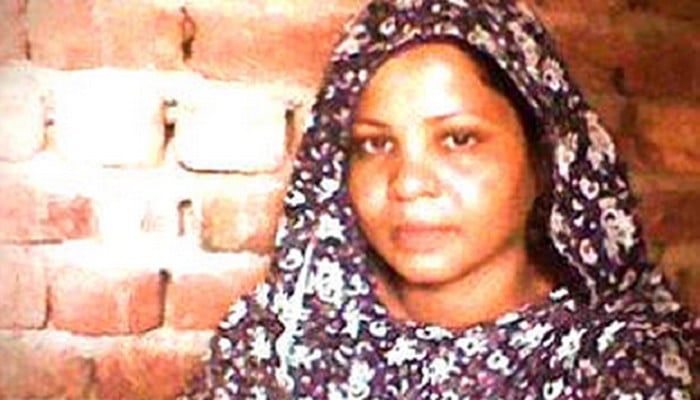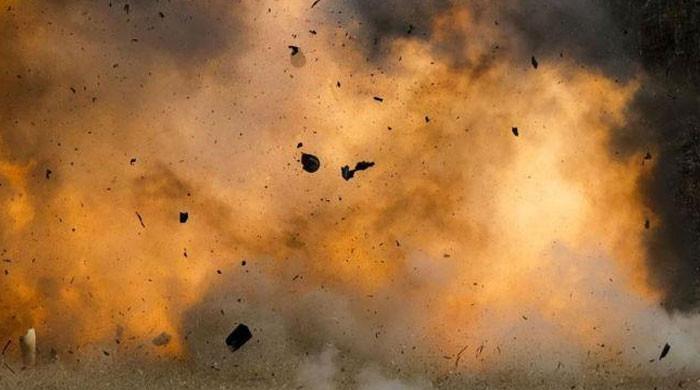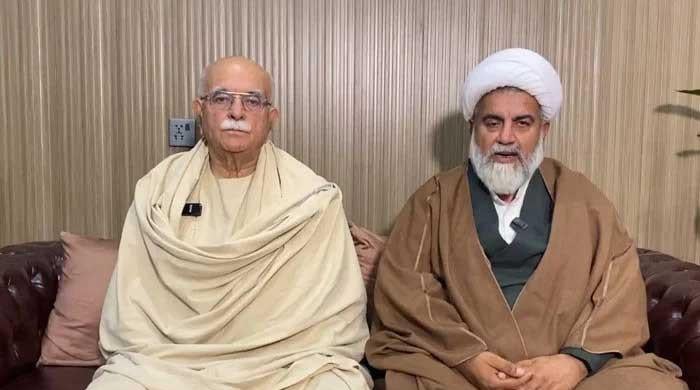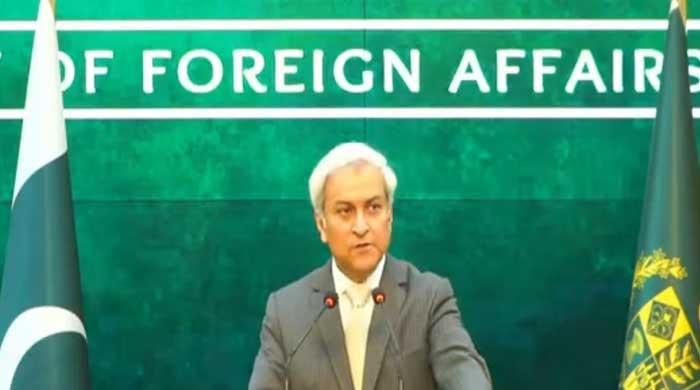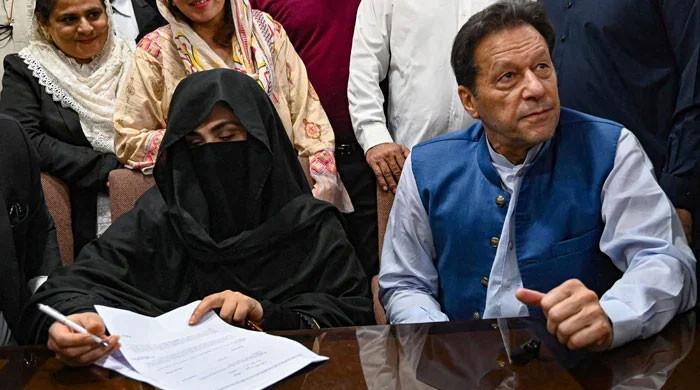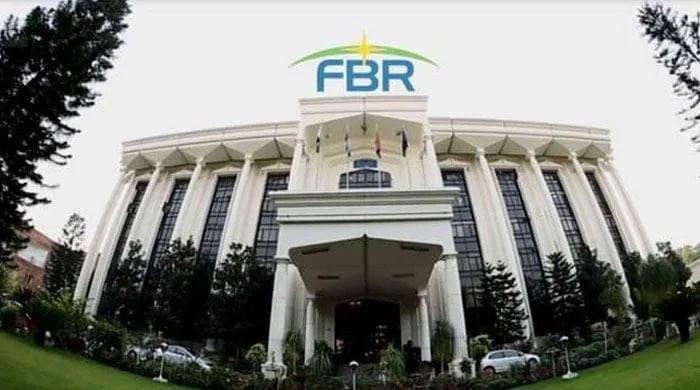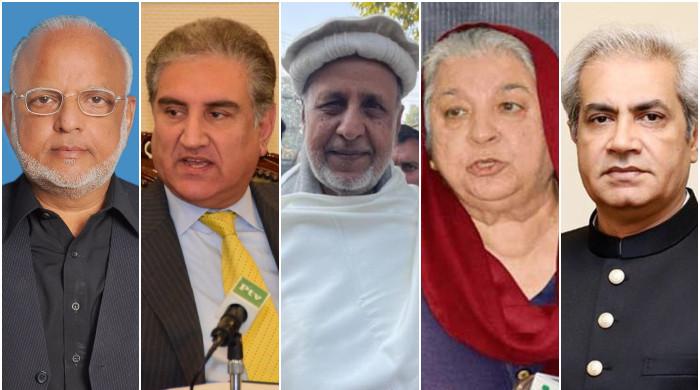SC reserves judgment on Asia Bibi’s appeal against death sentence
A three-judge special bench headed by CJP directs media to not discuss the case
October 08, 2018
ISLAMABAD: The Supreme Court on Monday reserved its judgment on the appeal of Asia Bibi against her conviction and death sentence under section 295-C of the Pakistan Penal Code (PPC).
A three-judge special bench headed by Chief Justice of Pakistan Justice Mian Saqib Nisar and comprising Justice Asif Saeed Khosa and Justice Mazhar Alam Khan Miankhel heard the appeal of the Christian mother of four, who in 2010 became the first woman to be sentenced to death under Pakistan's blasphemy law.
Reserving its verdict, the special bench directed the media to not discuss the case.
As the hearing began, Asia Bibi's lawyer Saiful Mulook told the bench that the incident took place on June 14, 2009 and its case was registered on June 19. A case was filed against Bibi by an Imam in Katanwala village who alleged that Bibi had confessed to committing blasphemy, the lawyer said.
To this, Justice Nisar asked Bibi’s lawyer, "Are these things on record?" However, Mulook told the bench that the Imam (prayer leader) himself was not a witness to the incident.
“There are also contradictions regarding how the notice of the incident was taken and the complainant has said the decision to register an FIR against Bibi was taken amid a group of people,” he added.
Further, Mulook said, “Permission was not taken from the district coordination officer (DCO) or the district police officer (DPO) to register the FIR."
He added that the Imam in the FIR said that the villagers had not attempted to beat up Bibi.
To this, Justice Khosa remarked, “From your statements we have gathered that the Imam himself did not witness the incident as it happened and no blasphemous words were said in his presence.”
Justice Nisar then added, “As per the prayer leader's statement, a panchayat was held in a house and 1,000 people had gathered for it."
“The FIR states that Bibi was a Christian preacher, was she really?” the chief justice asked. Mulook responded in the negative and said, “She was never a preacher.”
After hearing the arguments, the top court reserved its judgment on Bibi's appeal. The chief justice also directed news channels to not discuss the case.
The allegations against Bibi date back to June 2009, when she was labouring in a field and a row broke out with some Muslim women who alleged that she committed blasphemy against Prophet Muhammad (Peace Be Upon Him).
Bibi was convicted of blasphemy and sentenced to death in 2010, despite her advocates maintaining her innocence and insisting the accusers held grudges against her.
